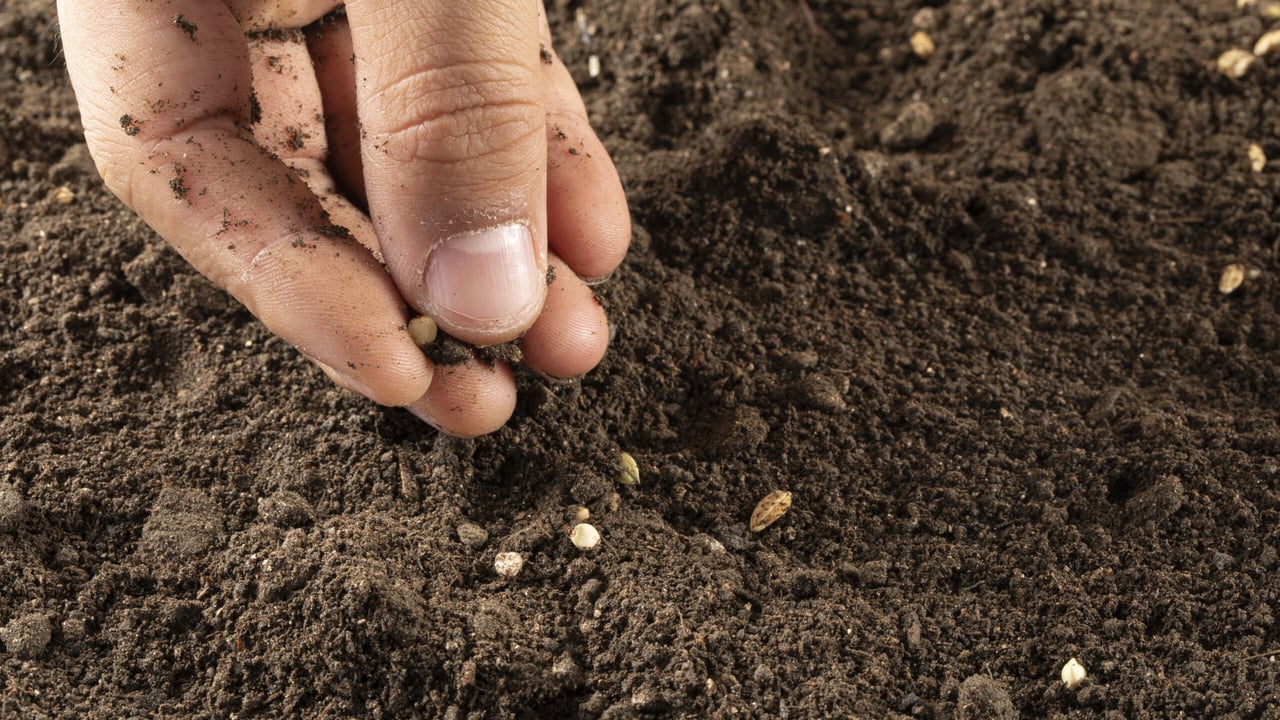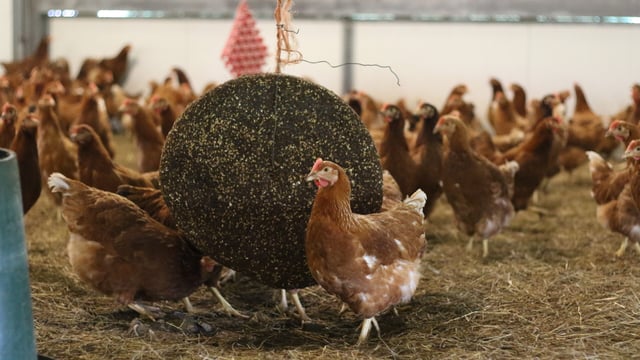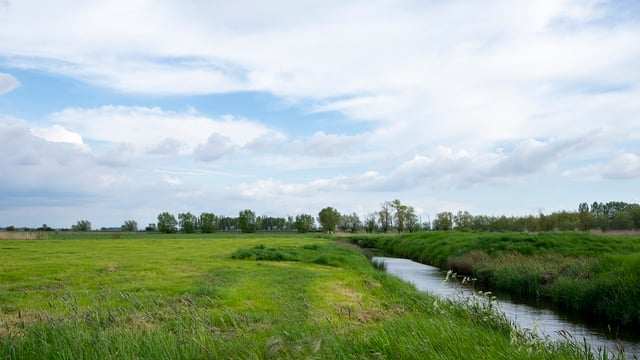DAFM advises organic farmers about seed requirements
The Department of Agriculture, Food and the Marine (DAFM) is reminding organic farmers about their obligations when it comes to seed.
In an email to the Irish Organic Association (IOA) and the Organic Trust, the department advised organic farmers that the trading or exchange of uncertified seed in any form is illegal.
DAFM said that growers should be made aware that "certified organic" does not equate to "certified seed".
Similar to other farmers, organic farmers should only purchase certified seed.
In Ireland, certified seed has completed the department's certification process to attain regulatory and voluntary higher standards and can be legally sold or traded under EU legislation.
The department said that certified seed will "always be sealed and have an official label from the certifying authority".
The email outlined that organic farmers may use farm saved (uncertified) seed produced on their own holding once it is declared to the Plant Variety Development Office (PVDO) and the required royalty paid.
By law, farmers are obliged to pay royalties on farm saved seed which is then invested in plant breeding to allow for higher yielding, resilient and more disease resistant varieties.
Farmers must self declare the use of farm saved seed for winter sown crops by January 31 and spring sown by June 30 each year.
The PVDO said that payment rates are agreed to "strike a balance between farmers’ long standing tradition of saving seed, and the contribution of modern plant breeding to the significant genetic gains enjoyed by growers".
Crops covered by the royalty collection scheme include non-hybrid varieties of wheat; barley; oats; oilseed rape; linseed; triticale; field peas; field beans; yellow lupins and spelt.





